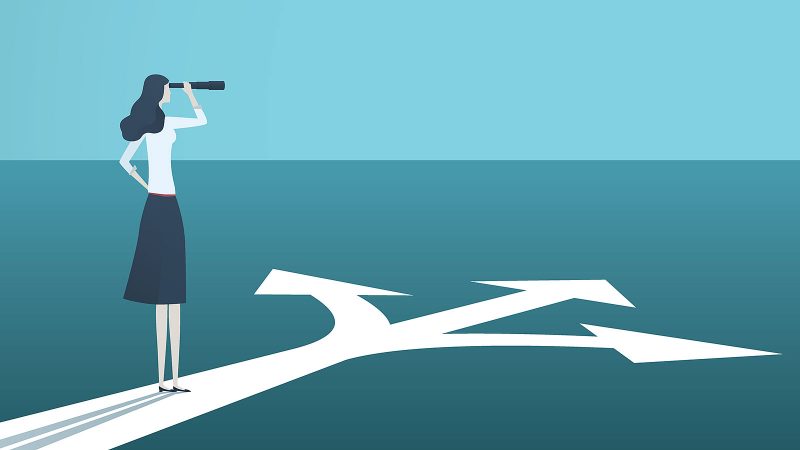
Although there are many steps involved when planning a career path, these steps can help you to achieve success. These steps include setting goals, developing a detailed list of short and long-term objectives, and finding training opportunities. These steps require flexibility to accommodate changes in your career due to the goals you have set. The following steps will help you make a well-written career plan.
Goal setting
Career planning means defining your future goals for the next three decades. This isn't just about setting goals. Your attitude and education are important. To achieve your professional goals, you can use a career plan. You can also use your personal goals to set new goals. Remember, your career is a reflection both of your personality as well as your past experiences. Ask someone you trust and ask for their advice if you are unsure where to start. Look at successful colleagues or people you admire and see how they went about setting their goals. To achieve your professional goals, it is important to calculate your worth.
If you feel overwhelmed by all of the choices, consider using a goal template to guide you. Templates won't allow you to clearly define your goals, and they may not be reflective of your true potential. Using a SMART Goal Framework will help you to set clear goals that will increase success chances. A goal should be attainable and realistic, and it must answer the questions "how much I want," "when will I achieve my goal," and "how soon can I accomplish it?" A career plan can help you define your values, and set your career direction.

Create a detailed list with short-term and long-term goals
Long-term goals can be achieved only if you have short-term targets. You can achieve short-term goals immediately. Long-term goals take more planning. Long-term goals need to be difficult and take a lot more effort. If you are aiming to become doctor, you will need at least four years to graduate from college. Then, you will need three to eight additional years to go to medical school.
To stay motivated, it is a good idea to create a detailed list that includes both short-term (and long-term) goals. These lists can be adapted or scrapped to fit your current circumstances. It is important to keep track of your progress and recognize small wins once you have created a detailed list with both long-term and shorter-term goals.
Locating training opportunities
Before you start searching for a career in your chosen field, consider the training that you will need. If you want to become an accountant, for example, you can take the General Accounting course. Once you've finished the course, research which employers most value these skills. Next, learn about the industry's growth rates and what education is necessary. Once you know what type of training you need, look for ways to get it.
While many people have strong career goals, the truth is that they are often busy with their jobs and live a hectic lifestyle. They look for "just in case" learning opportunities such webinars, online classes, and professional development groups. This strategy can be extremely beneficial. Some careers don't even require formal education. It doesn't matter what method you use to find training programs, there are likely ones that suit your interests.

Keeping flexible to the effects of changes in career
These days, workplaces are known for being unpredictable due to rapid technological development, global markets and changing political landscapes. Most organizations have seen some change in the last few years. Many people have been given new responsibilities and joined new teams. They also work with new functions. Many industries are experiencing rapid changes, and employees need to adapt to the succession of their managers. Being flexible to changes in career planning is a way to adapt to these unexpected circumstances.
You will be more reliable if you are flexible. Being flexible improves your standing, and opens up new career options. This helps you build trust between co-workers and colleagues. It helps you keep your eyes on the prize and helps you look at challenges from a different perspective. Professional flexibility can also be beneficial in other areas, making it a win-win situation.